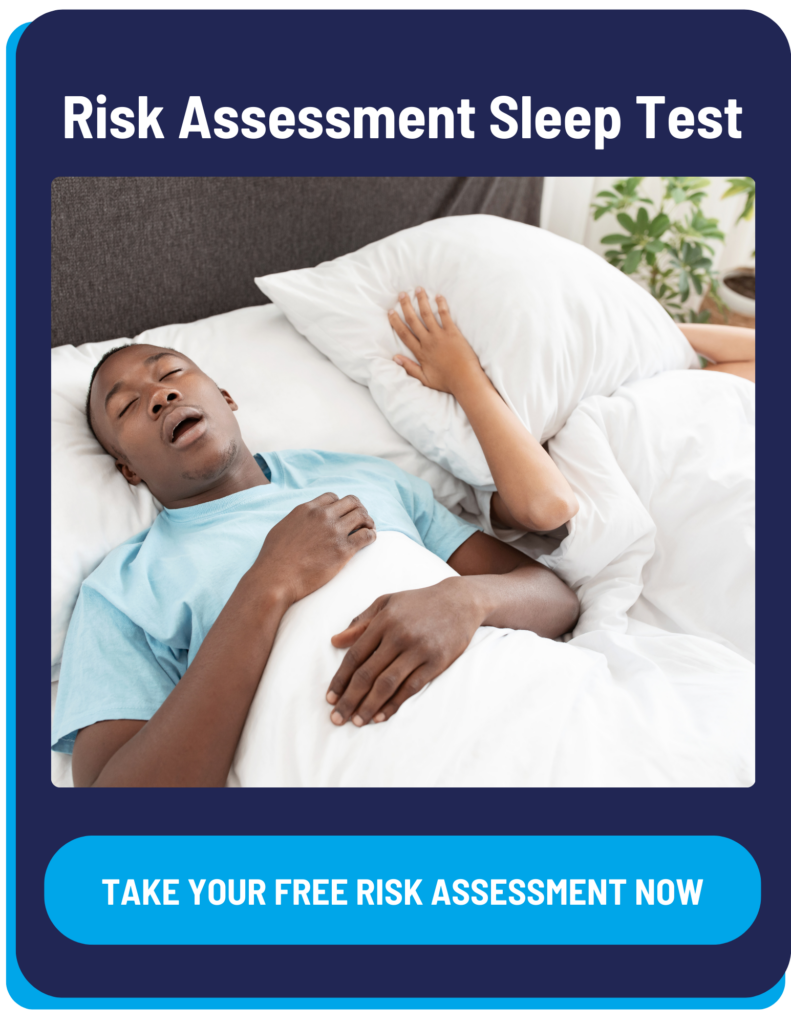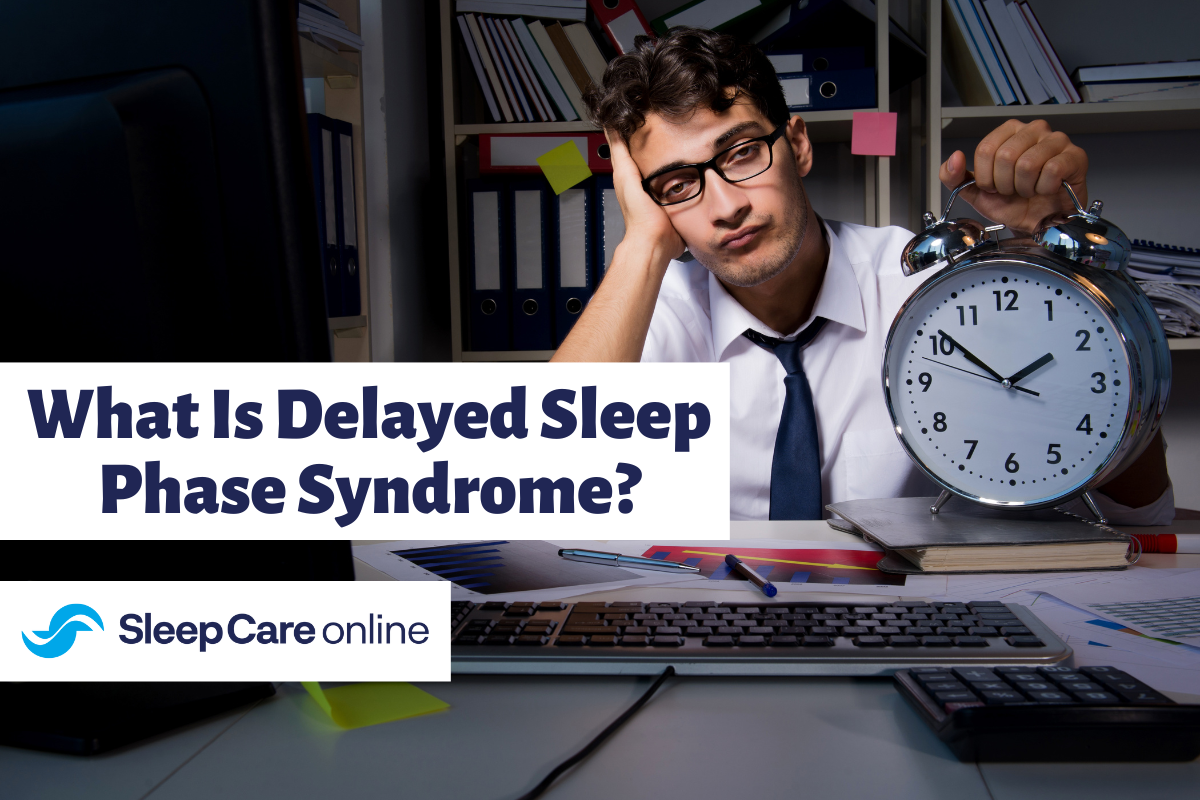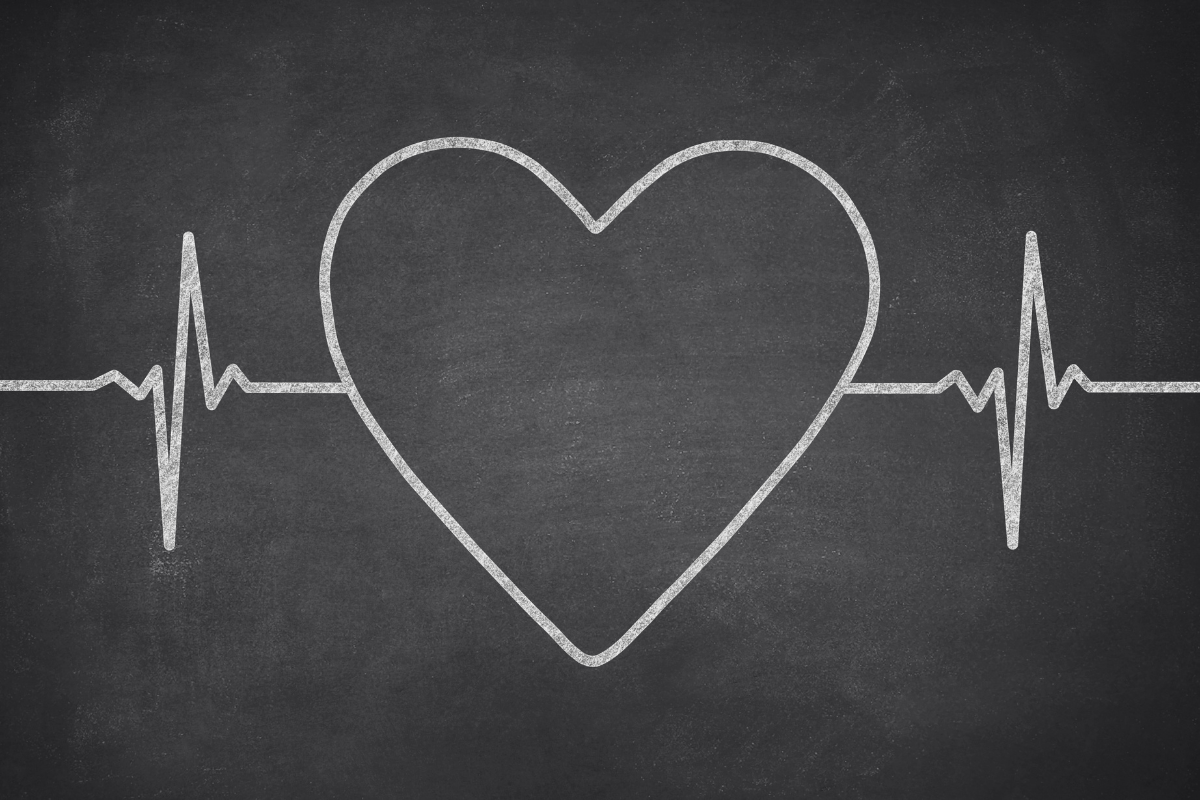The stimulating effects of coffee work well as a boost for mornings and afternoons. But coffee at night can disrupt normal sleep patterns.
Someone managing sleep apnea may find that the caffeine in coffee can keep you awake and affect your CPAP compliance. Sleep apnea patients may still be able to enjoy their morning cup of coffee but can follow a few tips to help prevent it from disrupting their CPAP therapy.
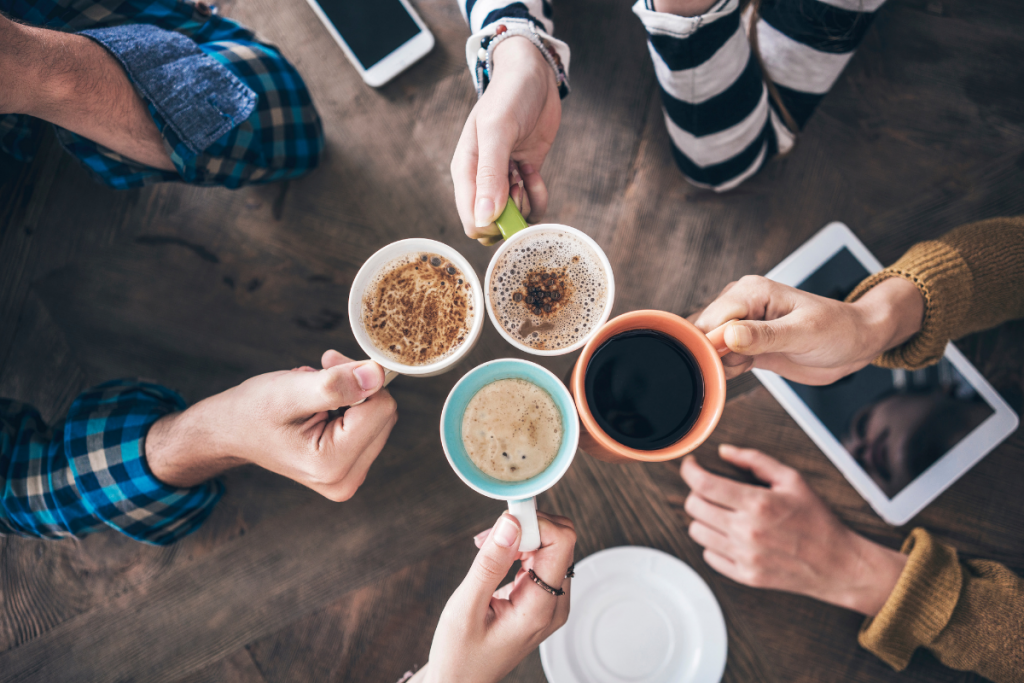 How Does Caffeine Affect Your Sleep?
How Does Caffeine Affect Your Sleep?
Caffeine is a natural stimulant. It can be found in beverages such as coffee, tea, and some caffeinated soft drinks and energy drinks. A single eight-ounce cup of coffee contains about 96 mg of caffeine. When we consume caffeinated beverages like coffee, the caffeine blocks the sleep-producing chemical adenosine. Adenosine builds up during waking hours so that we are ready for sleep at night. When it is blocked, you are left alert and awake at bedtime.
What Are the Positive Effects of Caffeine and Sleep Apnea?
While caffeine can keep you awake, it does have some positive effects on sleep apnea patients. In some studies, caffeine appeared to improve cognitive function in people with obstructive sleep apnea. When a caffeinated beverage is consumed has a lot to do with how it affects sleep apnea.
Also, the types of caffeinated beverages consumed appear to make a difference. Some caffeinated soft drinks disrupted breathing in sleep apnea patients more severely than coffee or tea.
What Are the Negative Effects of Caffeine and Sleep Apnea?
The ill effects of caffeine on sleep apnea patients vary with every individual. Caffeine consumed too close to bedtime can leave patients alert and awake during their regular sleep periods, leading to increased drowsiness during the day.
Long-term, caffeine can stimulate feelings of anxiety or restlessness if an individual is not getting enough sleep. Caffeine dependency can often lead these individuals to turn to coffee or other caffeinated beverages in the morning to boost alertness, which only leads to a vicious cycle of sleeplessness at night and drowsiness during the day treated with more caffeine.
Can Caffeine Cause Insomnia?
Caffeine can certainly contribute to sleep deprivation because it is a stimulant that gives you energy and alertness. With those factors, caffeine disrupts your natural sleep-wake cycle and makes it harder to fall asleep at night, leading to insomnia.
Why Caffeine Intake Is Not Good for Sleep Apnea Patients
Because sleep apnea patients are already experiencing disrupted sleep due to their sleep disorder, avoiding caffeine altogether may be a good idea. Trying to achieve normal and healthy sleep patterns is the first step for anyone managing obstructive sleep apnea and caffeinated beverages can disrupt that normalcy.
Regular use of caffeine, even in the mornings can make a sleep apnea patient reliant on stimulants to stay awake during the day if they are experiencing drowsiness from poor CPAP compliance.
How Long Before Bed Should You Stop Drinking Coffee?
It’s recommended to avoid drinking caffeine at least 2 hours before bedtime to lessen your chance of having insomnia.
Top 4 Reasons for Quitting Caffeine If You Are on Sleep Apnea Treatment
- Ending your relationship with caffeine can help you get to sleep more quickly at night and help you sleep more soundly.
- Too much caffeine can also lead to high blood pressure. Hypertension is a common side effect of the overstimulating effects of caffeine on a regular basis.
- Overstimulation combined with sleep loss can take a toll on your emotional state. Depression and mood swings can be symptoms of sleep loss. Caffeine does not help you achieve a more peaceful state of mind by keeping you up at night.
- In general, caffeine leads to a short-term boost of energy that quickly turns into a slump when the stimulant wears off. Maintaining steady energy levels throughout the day can lead to better sleep at night.
How Much Caffeine Is Safe To Drink?
If you wish to continue consuming caffeinated products, do so in moderation. Limit the number of cups of coffee, tea, or soft drinks you consume in a day. Be aware of how much you consume as you can be drinking more than you realize. Mindfulness is the key to keeping your caffeine consumption moderate.
Try to avoid consuming any caffeinated beverages several hours before your scheduled bedtime. Keeping a consistent sleeping pattern and limiting caffeine before then will help you maintain a peaceful and refreshing sleep.
Caffeine Levels in Different Products
Be fully aware of how much caffeine is in the beverages you consume. Caffeine levels are different for varied products. You may be consuming more milligrams of caffeine during the day than you realize based on what you enjoy drinking throughout the day.
- 8 oz of coffee: 96 mg
- 8 oz of black tea: 28-47mg
- 8 oz of cola: 22 mg
- 8 oz of energy drinks: 29 mg
You can also try to reduce caffeine by drinking decaffeinated beverages.
Other Ways To Stay Alert During the Day
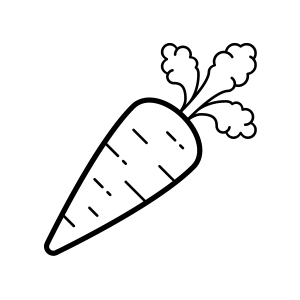
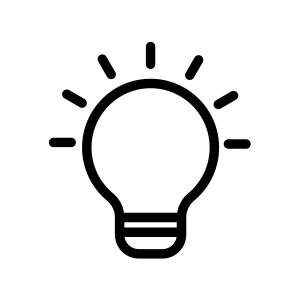
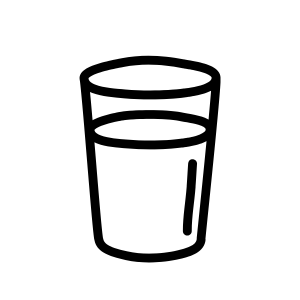
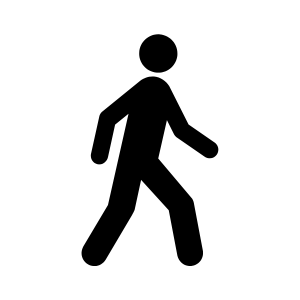
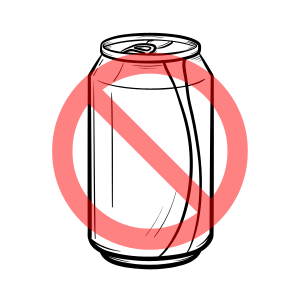
How Do I Get a Home Sleep Apnea Test?
Understanding your sleep is the first step toward determining if you have a sleep disorder like sleep apnea. Getting a home diagnosis is easy.
- With a Complete Care Package, you will schedule a 10-minute telehealth visit with a healthcare provider to discuss symptoms, upcoming sleep study, test results, and discuss treatment options.
- A multi-night, disposable home sleep apnea test is mailed to your home to be completed at your convenience.
- A physician analyzes the sleep data and provides a prescription if needed.
- Schedule an optional follow-up appointment (additional fee applies).
- We connect you to sleep experts who can offer customized sleep therapy options, assistance in equipment purchase, and initial set-up.

